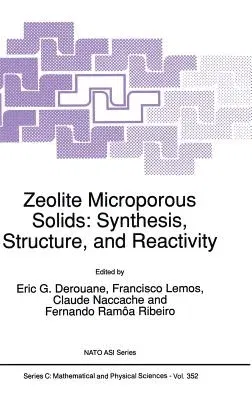Zeolite Microporous Solids: Synthesis, Structure, and Reactivity (1992)Hardcover - 1992, 30 November 1991

Qty
1
Turbo
Ships in 2 - 3 days
In Stock
Free Delivery
Cash on Delivery
15 Days
Free Returns
Secure Checkout

Part of Series
NATO Science Series C:
Part of Series
Mathematics and Its Applications. Soviet Series
Part of Series
NATO Science Series: U
Part of Series
NATO Science Series U
Part of Series
NATO Science Series C: (Closed)
Print Length
643 pages
Language
English
Publisher
Springer
Date Published
30 Nov 1991
ISBN-10
0792315332
ISBN-13
9780792315339
Description
Product Details
Book Edition:
1992
Book Format:
Hardcover
Country of Origin:
US
Date Published:
30 November 1991
Dimensions:
23.39 x
15.6 x
3.51 cm
ISBN-10:
0792315332
ISBN-13:
9780792315339
Language:
English
Location:
Dordrecht
Pages:
643
Publisher:
Series:
Weight:
1088.62 gm